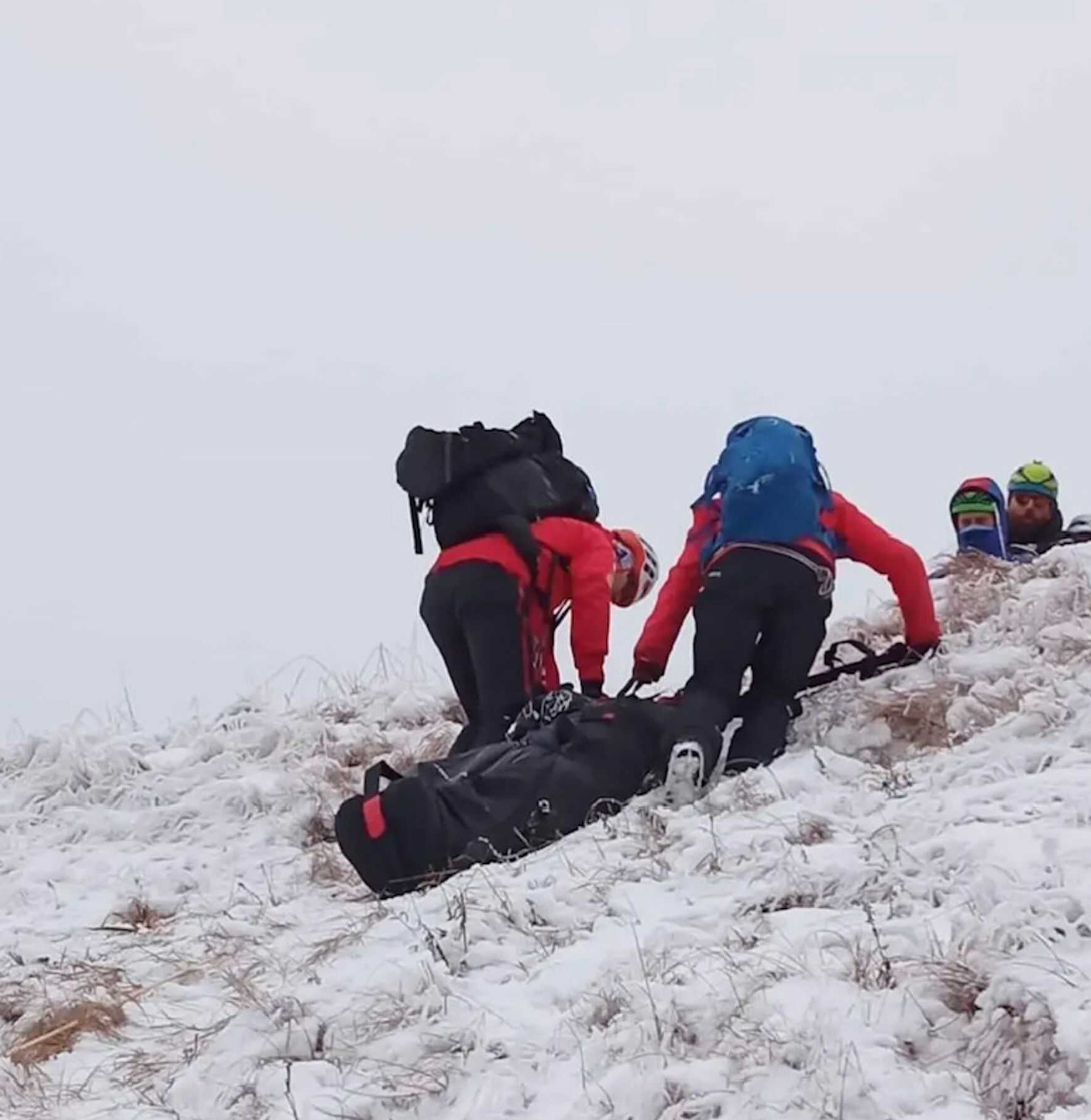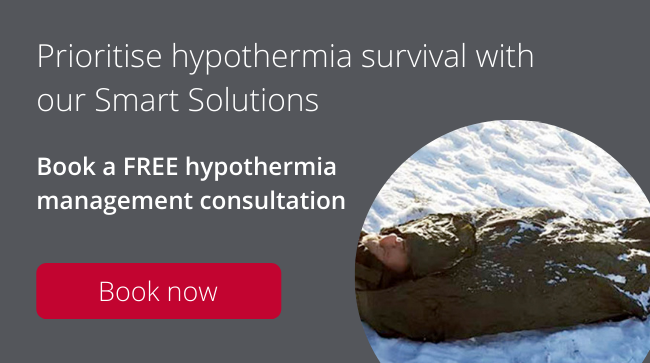
29/12/2021
Hypothermia – an introduction
Hypothermia is defined as a body core temperature below 35.0 °C (95.0 °F) in humans. Symptoms depend on what stage of hypothermia is present. The stages of hypothermia are broken down into, mild, moderate and severe with symptoms ranging from shivering to paradoxical undressing, where the person removes their clothing and loss of consciousness.
Hypothermia has two main causes. It classically occurs from exposure to cold weather and cold water immersion. It may also occur from any condition that decreases heat production or increases heat loss. Commonly this includes alcohol intoxication but may also include low blood sugar, anorexia, advanced age and trauma.
Body temperature is usually maintained near a constant level of 36.5–37.5°C (97.7–99.5°F) through thermoregulation. Hypothermia may be diagnosed based on either a person's symptoms in the presence of risk factors or by measuring a person's core temperature. It is broken down into three stages:
Classification of hypothermic states.
|
Stage |
Core temperature °C |
Symptoms |
|
Mild |
35 – 33 |
Significant shivering, poor judgement Develops, amnesia and apathy. Increased heart rate, breathing. Cold pale skin |
|
Moderate |
32.9 – 27 |
Decreasing levels of consciousness Shivering stops Decreased heart, breathing, reflexes Paradoxical undressing |
|
Severe |
< 26.9 |
Low blood pressure Bradycardia No reflexes Loss of consciousness Appears dead |
How does the body lose heat?
The body loses heat in the following 4 ways;
Radiation is a form of heat loss through infrared rays. This involves the transfer of heat from one object to another, with no physical contact involved.
Convection occurs when air or water that has a temperature below that of the body comes into contact with the skin and subsequently moves away. While in contact with the body, the air is warmed. Cool air that replaces it must also be warmed. The heat which warms the air is lost whenever the air moves away. It is the way warm drinks are cooled by blowing on them and is also what causes “wind-chill”
Conduction is the transfer of heat energy away from the body by substances that it is in direct contact with. Stones and cold earth are good conductors which explains why our bottoms get cold when we sit on them.
Evaporation changing one gram of water on the skin from liquid to a gas extracts 580 calories of heat, which is why sweating is as effective as a cooling mechanism.
To manage hypothermia effectively all forms of heat loss must be addressed.
How can we help?
We challenged ourselves to produce a pragmatic research-led solution that was small and lightweight. Extensive prototype testing in cold rooms, supervised and directed by subject matter experts, provided a robust platform to form our evidence.
We created the Xtract™SR Heatsaver. It is a major advancement in improving overall patient care in complex environments and the management of hypothermia. This unique product tackles all the causes of heat loss in the seriously injured casualty within an acceptable size and weight bracket.
The patent-pending design includes sculpted insulation panels that maximise thermal efficiency around the body's core allowing us to produce a product of minimal size and weight without compromising efficiency.
Click here to contact us to book your complimentary seminar on hypothermia management and the Xtract®SR Heatsaver.












